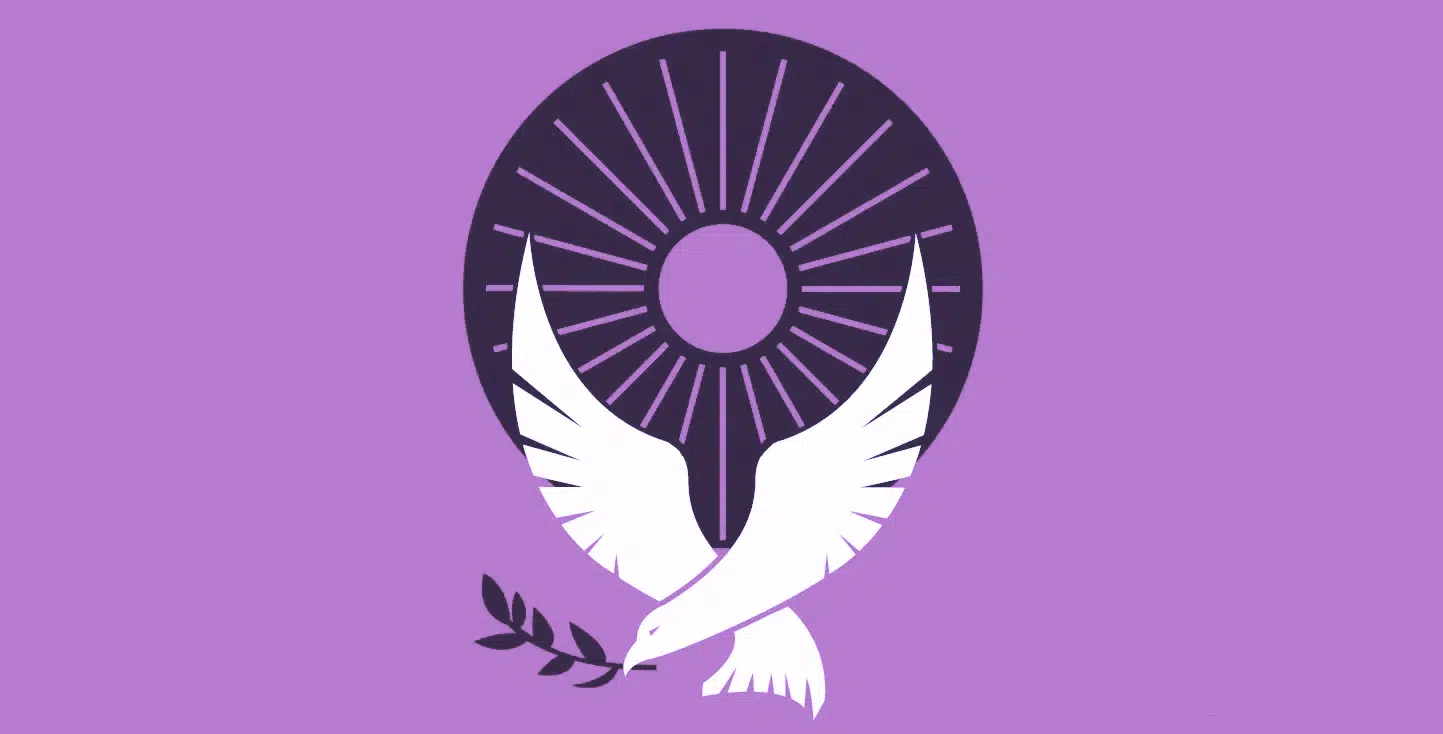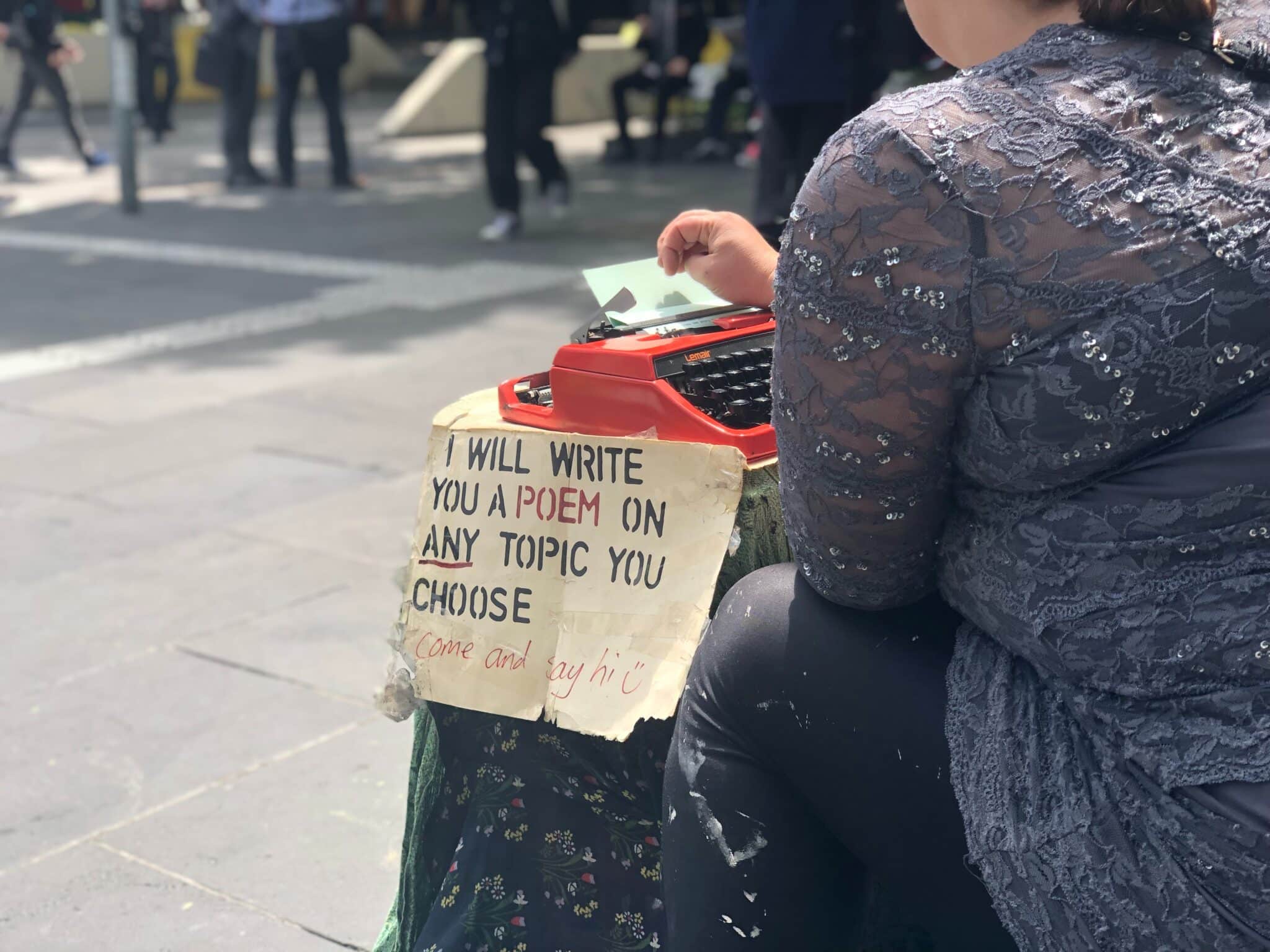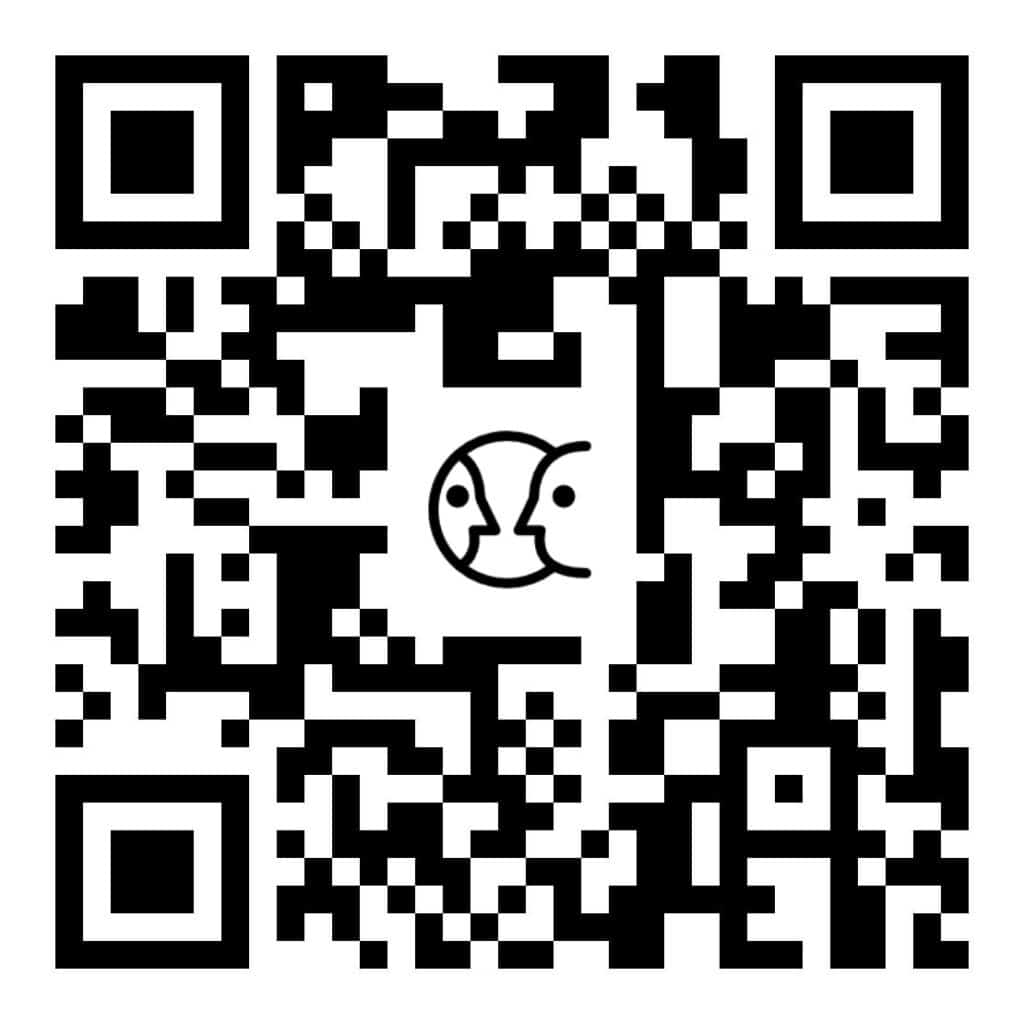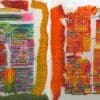Exciting Opportunity To Participate in National Poetry Month
The personal is poetry. Poetry and autoethnography are natural companions. They go together like bitters and soda, peanut butter and banana, oysters and champagne. How many of us have written poetry when some life situation makes us sad, mad, or perplexed? Think of how many poems there are about break ups, dead pets, and horrible exes. As such, I invite you to participate in National Poetry Month (NaPoMo) over at The AutoEthnographer’s new Facebook Group. Click the preceding link or scan/click the QR code below to get started:
Personally, I find poetry to be the language of emotion and turn to verse when I need to make sense of a situation, feeling, or relationship. “The personal is poetry…Poetry of personal experience is vital. Poetry has the power to highlight slippery identity-negotiation processes and present more nuanced views of marginalized and stigmatized identities, to demonstrate embodied experience and to be social research and autoethnography” (Faulkner, 2017a, p. 93).
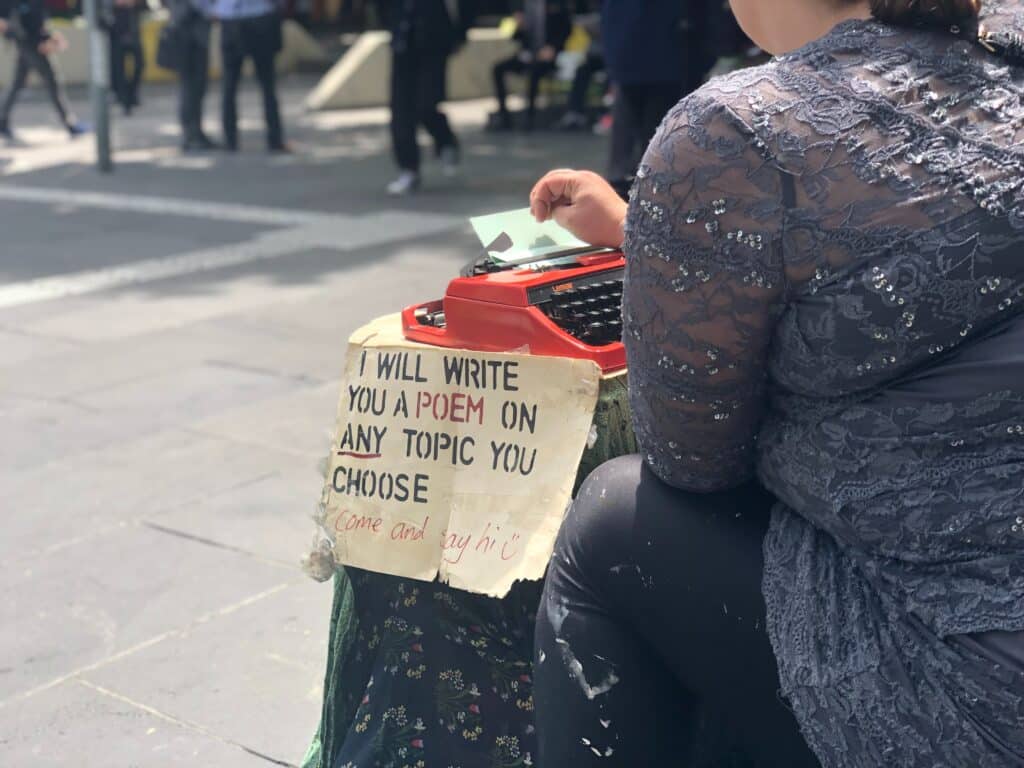
Poetry & Autoethnography
Autoethnographic poetry does more than help us process bad relationships. It is a powerful research tool that can help researcher-poets critique, resist, and reimagine better social worlds. In an ars poetica, I wrote that “poetry…makes me a better social scientist. When you read poetry, my poetry, I want you to do more than think about your own life; I want you to critique how social structures scaffold your experiences of relating” (Faulkner, 2017b, p. 150). Using poetry about personal experience, relationships, and identity negotiations makes for evocative, creative, and powerful social research.
For these reasons—personal and professional—I find participating in NaPoWriMo (National Poetry Writing Month) during April to be rewarding to my whole person. The times that I have pledged to write a poem a day and followed through, I have affirmed my belief in the power of poetry and committed to writing poetry as part of my creative process (see Faulkner, 2020). Of course, not all the poems I write during the month are good, but that is beside the point. The practice of regularly putting pen to paper or fingers to keyboard or voice to software is a good way to get in the habit of writing poetry and to experience the benefits of poetry.
Participate!
We invite you to write and read along with us at The AutoEthnographer’s new Facebook group during NaPoMo. Each day in April we will post an autoethnographic poem or link to a poem along with a poetry writing prompt. Some of these will be from our own archives. Others will be originally written for NaPoMo. And still others will be by our favorite poets.
You are encouraged to share your own autoethnographic poetic responses to our daily prompts. Likewise, come and share your old favorites along with us. And we may even invite you to publish your shared work in a special article at the magazine! The goal is for us to celebrate poetry and our personal stories together.
References
Faulkner, S. L. (2020). Poetic Inquiry: Craft, Method, and Practice, 2nd ed. Routledge.
Faulkner, S. L. (2017a). Poetry is Politics: A Poetry Manifesto. International Review of Qualitative Research, 10(1), 89-96. doi:doi.org/10.1525/irqr.2017.10.1.89
Faulkner, S. L. (2017b) Faulkner writes a middle-aged Ars Poetica. In L. Butler-Kisber, J. J. Guinney Yallop, M. Stewart, & S. Wiebe (Eds.), Poetic Inquiries of Reflection and Renewal (pp. 147-152). MacIntyre Purcell Publishing Inc.
Credits
Photo of woman street poet by Yeongkyeong Lee on Unsplash
Learn More
New to autoethnography? Visit What Is Autoethnography? How Can I Learn More? to learn about autoethnographic writing and expressive arts. Interested in contributing? Then view our editorial board’s What Do Editors Look for When Reviewing Evocative Autoethnographic Work? Accordingly, check out our Submissions page. View Our Team in order to learn about our editorial board. Please see our Work with Us page to learn about volunteering at The AutoEthnographer. Visit Scholarships to learn about our annual student scholarship competition.
Sandra L. Faulkner is professor of communication at Bowling Green State University where she writes, teaches and researches about close relationships. Her interests include qualitative methodology, poetic inquiry, and the relationships among culture, identities, and sexualities in close relationships. Her research focuses on how individuals navigate gender and sexuality through interpersonal communication and personal narrative. She often uses poetry, creative nonfiction, and autoethnography to explore her own negotiation of identity as a parent, partner, and professor. She received the 2013 Knower Outstanding Article Award from the National Communication Association, the 2016 Norman K. Denzin Qualitative Research Award, and the 2020 Trujillo and Goodall “It’s a Way of Life Award” in Narrative Ethnography. https://www.sandrafaulkner.online/ and https://bgsu.academia.edu/SandraFaulkner





